30 Things To Know Before Visiting Japan
You’re planning your first visit to Japan, the Land of the Rising Sun! While you’ve heard Japan is different from other countries, you might not know exactly what to expect in Japan. Having lived in Japan as an expat, I’ll share crucial insights to help you navigate Japanese culture and customs. Here are 30 things to know before visiting Japan.
30 Things To Know Before Visiting Japan
1. Be Prepared to Carry Your Trash.
You may have seen an Instagram Reel or TikTok about this, and it is true. Japan’s remarkably clean streets might surprise you – especially given the scarcity of public trash bins. This reflects Japanese values of personal responsibility: everyone is expected to carry their waste until they can dispose of it properly.
Plan your day assuming you won’t find public bins, and carry only what you can manage. So, when in Tokyo, plan as though you will not see a single bin throughout the day and carry only what you need/can carry all day.
In addition, the absence of trash cans is a response to the 1995 sarin gas attacks where a domestic cult used trash cans to stash explosives while carrying out a domestic attack.
2. Learn A Few Key Phrases in Japanese
While you’ll find English speakers in major cities like Tokyo, Japanese is the official language in Japan and the smallest effort goes a long way. Here are a few essential phrases that will come in handy during your Japan trip:
- O-hayo-Gozaimasu : Good morning
- Konni-chiwa: Good day
- A-ri-ga-to-Gozaimasu: Thank you very much
- Ku-da-sai: Please
- Kan-pai: Cheers (when drinking)
- I-te-da-ki-masu: Bon appetit
- Do-no Den-sha : What train?
- Su-mi-ma-sen: Excuse me, Sorry,
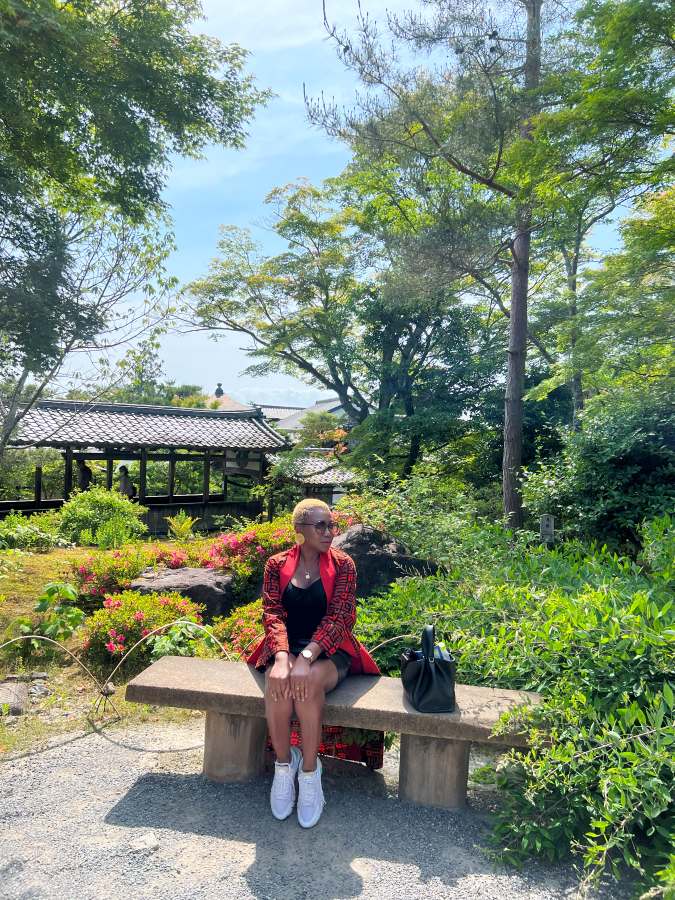
3. There’s More To Japanese Food Than Sushi
I know Japan is the land of Sushi and Sushi-lovers want to eat sushi every single day. On the other hand, there are others who do not love sushi and often wonder if they’ll be able to eat it in Japan. Japanese cuisine offers far more than just sushi. Even many locals don’t eat sushi more than once a week. Try these alternatives:
- Shabu Shabu (Japanese Hot Pot)
- Unagi
- Okonomiyaki (Savory Pancakes)
- Ramen
- Udon Noodles
- Tonkatsu
- Yakitori
- Oden
- Sukiyaki
- Onigiri
- Takoyaki (Octopus Balls)
- Yakiniku (Grilled Meat)
- Tempura (Battered and Fried Foods)
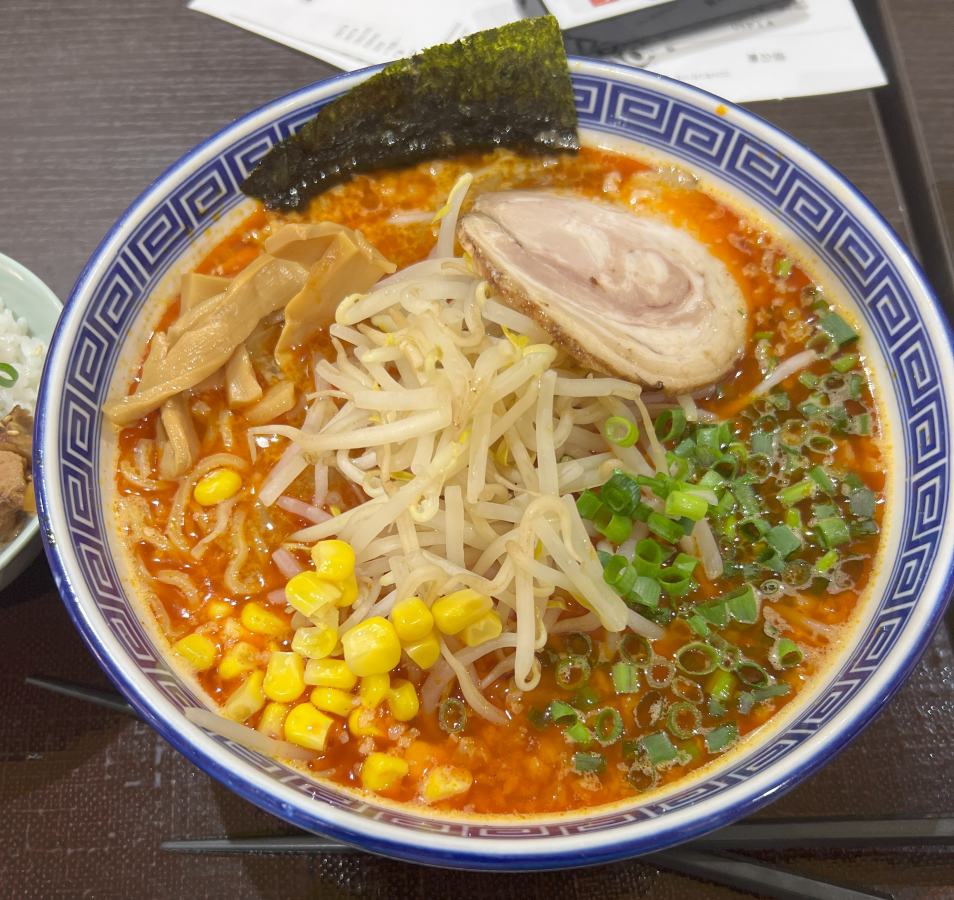
Each region has its own specialties worth exploring. However, finding vegan or vegetarian options can be challenging, so plan accordingly.

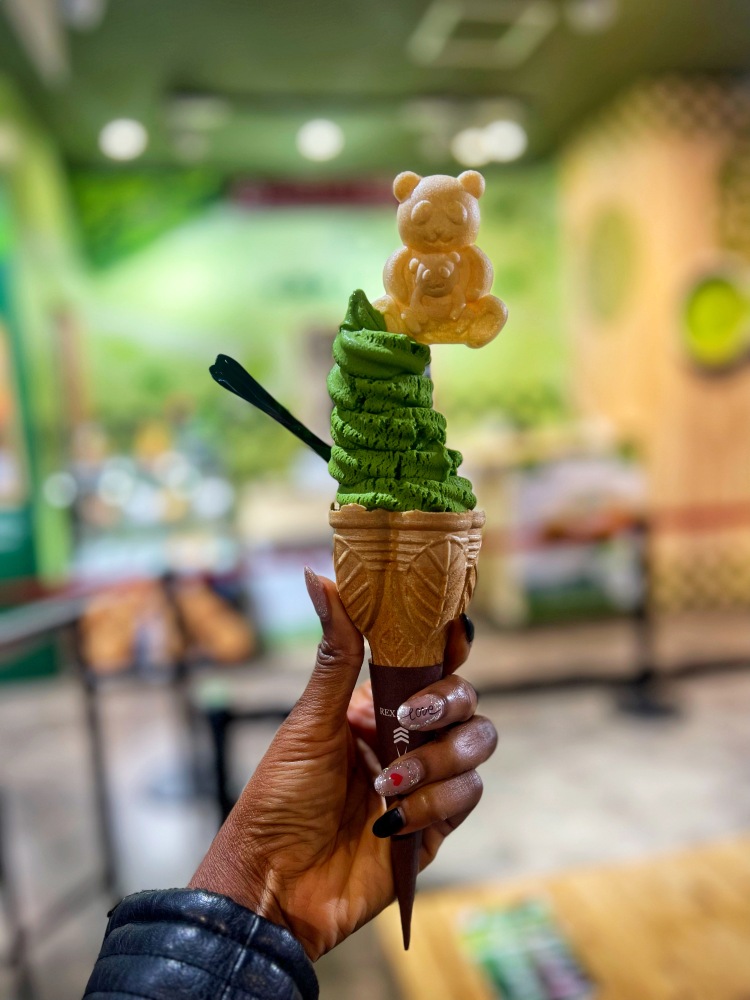
4. Use Tabelog, Not Yelp or Google For Restaurants
Skip Yelp and Google Reviews – locals use Tabelog for restaurant recommendations and bookings. The site uses a 1-5 rating system, with 3 being average. Japanese reviewers tend to be strict; a rating of 3.5 or higher indicates an excellent restaurant. While Tabelog offers English translation, it may not be perfect, but it’s still your best resource for finding authentic dining experiences. Hot tip: You can also ask your hotel concierge to call for reservations at your desired restaurants.
5. Pack Light For Shopping
Here’s another thing to know before visiting Japan. Japan is a shopper’s paradise, from beauty products, to sweet treats, to alcohol, and clothing to vintage designer items and anime merchandise. Most visitors find themselves wanting to bring home more than they brought. Consider packing light or be prepared to buy an extra suitcase. Japan’s shopping districts offer everything from high-end boutiques to charming local markets. So, pack light, and/or buy a suitcase while you’re in Japan.
6. Carry Some Cash
While this is not as bad as I expected as many stores and restaurants accept payment by card. However, within Tokyo, I have been in at least two restaurants that accepted only cash payments, and I was stuck without cash. My saving grace was that there was a conbini (convenience store) around the corner and the owners pointed me in the direction of the conbini. Save yourself the stress and just always be sure to have a bit of cash on you, especially when you’re outside the major cities
7. Embrace The Art of Queueing
The first time I walked past a queue outside at the Apple store in Omotesando, I thought Apple had just released a new product. The lines were 4 lanes deep outside and then continued into the store. If there’s one thing that quickly becomes apparent in Japan, it’s the prevalence of queues.
Yet, unlike the chaotic lines you might find elsewhere, Japanese queues are remarkably orderly. I’ve seen hundreds of people wait patiently for hours, maintaining perfect order. The secret? Japanese queuing is less about waiting and more about shared anticipation for something you deem worthwhile.If you don’t like queues, maybe don’t come to Japan? I kid, but not really. When you live in a city as densely populated as Tokyo, you’ll appreciate the beauty in order. Want to queue like a Tokyoite? Do this
- Wear comfortable shoes
- Don’t save spots (unless it’s a restaurant with a sign up sheet)
- Don’t speak too loudly
- See it as a form of delayed gratification, and make the most of it
- Go early to avoid/minimize queue time if you hate them so much
8. No Tipping Required In Japan
Coming from a tipping culture, it took time to adjust to Japan’s no-tipping policy but now, I love it! Here, exceptional service isn’t motivated by extra payment – it’s deeply rooted in the concept of “omotenashi” (wholehearted hospitality). This cultural value means that attention to detail and going above and beyond are simply standard practice.
This one is likely most odd for my American travelers. Japanese culture emphasizes hard work, and high quality as a standard expectation for any job, regardless of the job. As such, the expectation is that good service is already contemplated in the price. Tipping would be seen as an insult here.
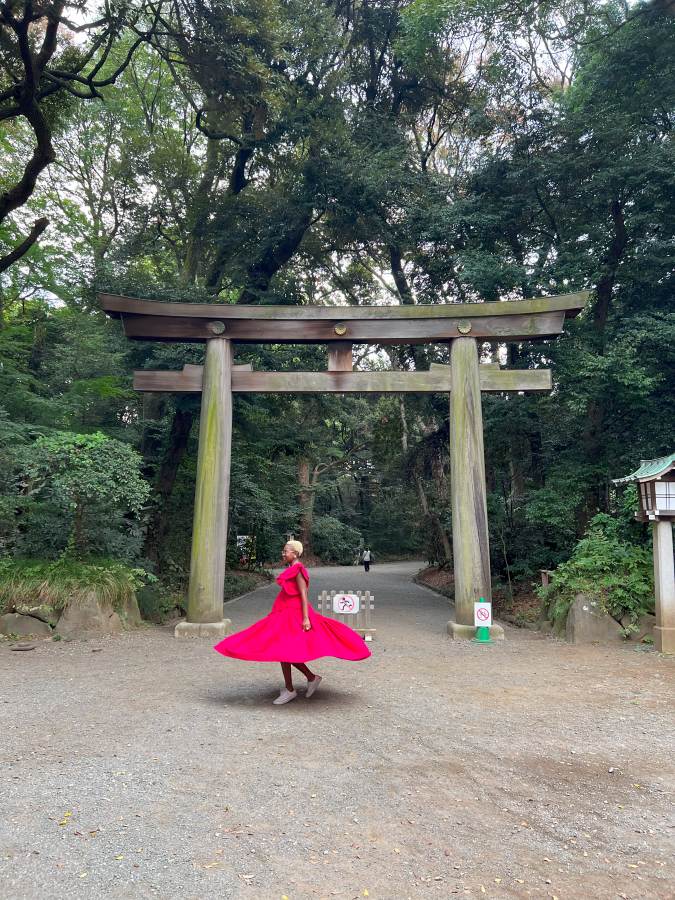
9. Experience Superior Luggage Handling
The viral Tiktoks did not tell a single lie! The care given to luggage at Japanese airports never ceases to amaze me. Unlike the rough handling you might see elsewhere, here your bags are treated with ultimate respect. Staff carefully position each piece on the carousel, ensuring nothing gets damaged. It’s a small detail that perfectly represents Japan’s attention to quality service. Bags that might be more prone to wear and tear are often put in containers to protect them.
10. Master Escalator Etiquette
You’re probably going to stand on the wrong side of the escalator at least once, its a rite of passage. The escalator rule still puzzles me: stand on the left in Tokyo, but on the right in Osaka. Nobody seems to know exactly why this regional difference exists, but it’s strictly observed. When in doubt, just watch the locals – they’ll guide you right (or left!).
30 Things To Know Before Visiting Japan
11. Shop for Designer Bargains
Japan’s vintage designer scene is a treasure trove for fashion enthusiasts. The Japanese concept of taking excellent care of possessions means that pre-loved items are often in impeccable condition. From Amore Vintage to Brand Collect, these shops offer authentic designer pieces at a fraction (well, this depends) of their original prices.
Amore Vintage, Amore Aoyama, QOO, Hedy, Atlantis Vintage, Allu, Brand Collect, and Book Off are some of the household names in Vintage designer shopping in Japan. Remember to carry your passport along so you get your tax free shopping! Shopping for pre-loved goods is not only good for your wallet, but it is also good for the environment. Japan has strict laws against fake goods so you needn’t worry about that here.
12. Do Not Plan To Eat Or Drink While Walking Around in Public
I’m going to be straight with you, I have violated this unspoken rule a few times. However, eating or drinking while walking or even while on the train is not acceptable in Japan. It is however acceptable to eat or drink while standing next to a vending machine (presumably where you got your bite or drink from) or on long distance shinkansen train rides. Another exception is if you’re at a street festival or something.
13. Come Prepare For Extensive Walking
Tokyo is a walker’s city, regardless of social status or profession. My highest step count here reached 29,000 steps in one day, thanks to an enthusiastic friend who wanted to explore every corner. The city reveals itself differently on foot – you’ll discover hidden shrines between skyscrapers, quiet alleyways, and charming local cafes off the beaten path.
Yes, you can take taxis but the costs add up pretty quickly. There’s so much to see and do in Japan so prepare to walk a lot and bring good walking shoes! If you live a sedentary lifestyle, I would encourage you to go on walks in anticipation of your trip to Japan.
14. Japan is NOT a morning country
This one was surprising to me at first! I’d read of how hard working the Japanese are, and I guess I subconsciously correlated hard work with early mornings.
One of Japan’s biggest surprises is that it’s not an early-rising nation. My first week here, I was baffled to find most shops and restaurants closed until 10 AM. Even the Starbucks in my office building doesn’t open until 8 AM! Early mornings are best spent visiting temples and shrines or parks, where you can experience the peaceful side of Japanese cities before they fully awaken.
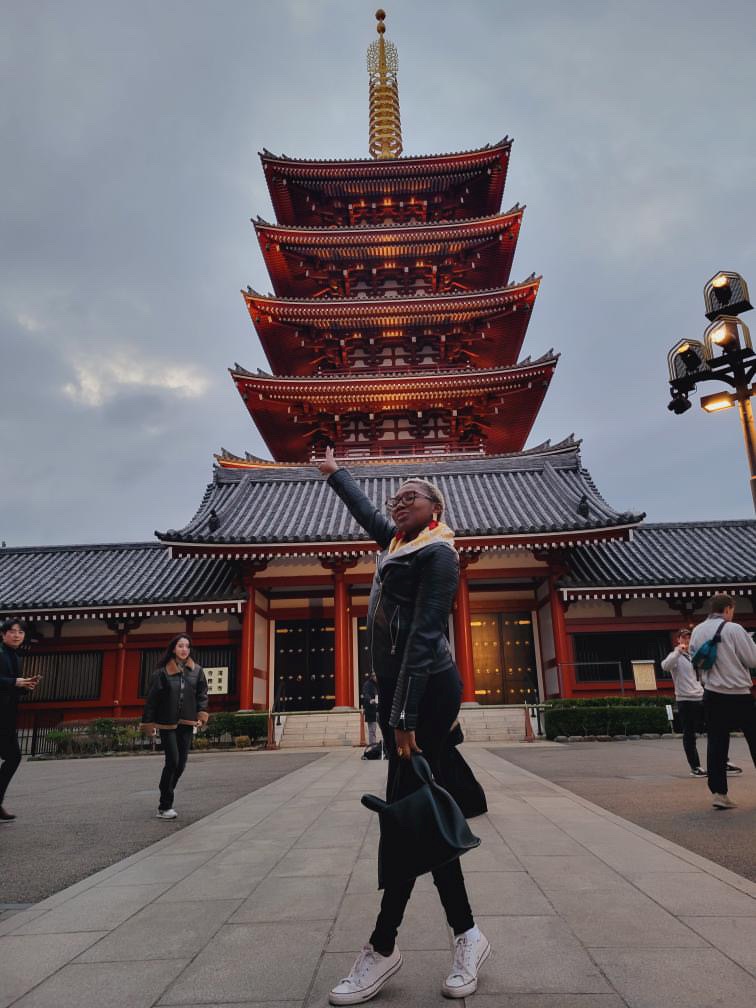
15. Prepare to Fall In Love With The Toilets
I hate to be one of those people that make a big deal about Japanese toilets, but they have changed my life and I will never go back to regular toilets! Warm seats, and actually being cleaned with warm water (you know what I mean), and automatic flushing. Some toilets have motion sensors where the lights come on when you walk in, the toilet seat opens up and then flushes when you leave. You don’t even have to do anything when you’re half asleep in the middle of the night. I’ve decided to bring toilets back to the United States when I return from Japan.
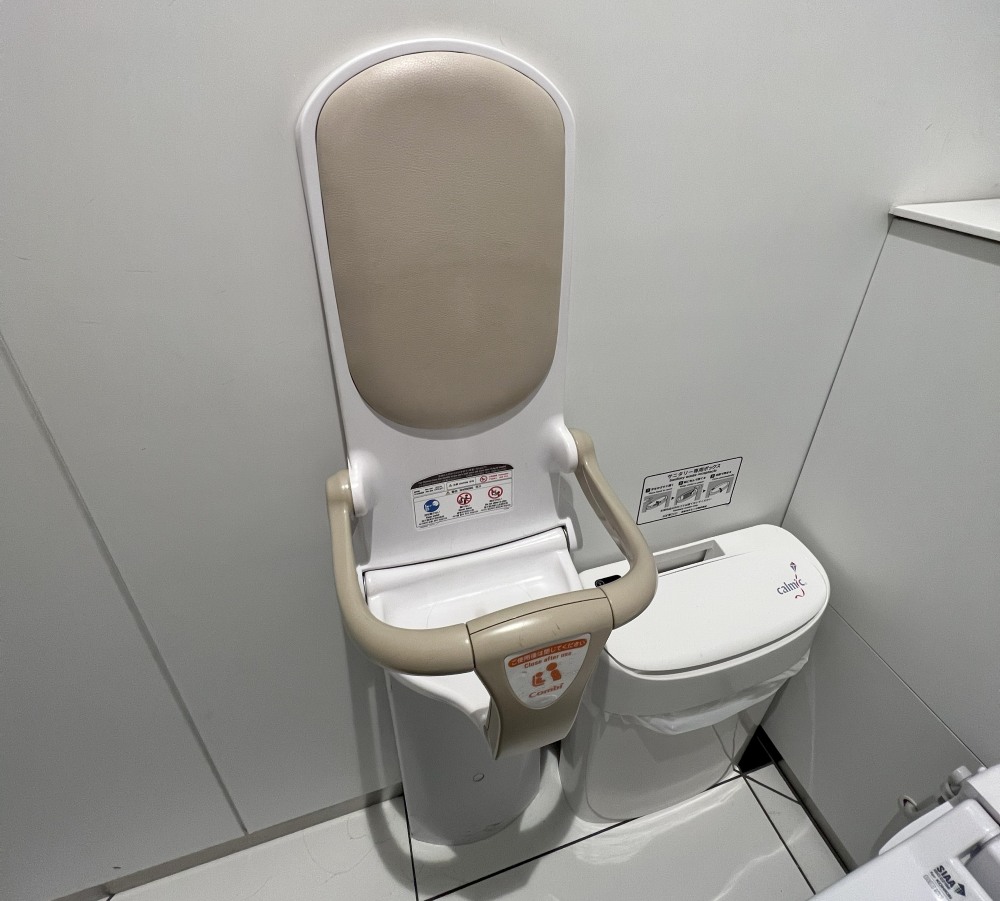
16. X means No
Communication in Japan often transcends language. Communication in Japan often transcends language. The simple gesture of crossing your fingers or arms to form an “X” clearly conveys “no” or “not allowed.” It’s particularly helpful when checking restaurant availability or asking about services, and understanding this gesture can save you from awkward misunderstandings.


17. Public Bathrooms Are Clean But Carry Your Own Hand Towels
I’ve now lived in Tokyo for 18 months and I’ve yet to come across an unclean public restroom. There’s a level of ease in going around your business and consuming liquids, knowing that even if you have to ‘go,’ you’re okay! However, on the flip side, several public restrooms do not have paper towels to dry your hands so it is customary for Japanese to carry small hand towels with them. Buy one of those hand towels, or just plan to wipe your hands on your clothing. It’s a small adaptation that makes a big difference in daily life.
18. Master The Oshibori Ritual
When dining at a Japanese restaurant or bar, expect to receive Oshibori. Oshibori is a wet cloth or paper towel used to clean your hands before and during a meal. When using Oshibori,
- Use it to wipe your hands (not you face or neck)
- Fold it and place it back down on the oshibori tray or just next to you
- It can be used throughout the meal
- Leave it on the table after use
19. There Are Vending Machines Everywhere
Another cool thing about Japan is you’ll find all sorts of things sold in vending machines around Tokyo. If you’re thirsty, you’re usually never more than a block away from a vending machine. Seriously! There are 5 vending machines on my floor at work and I know of 4 machines within one block of my apartment. Japanese vending machines are everywhere.
Know what else is cool about vending machines? The seasonal items! There’s an array of hot and cold drinks depending on the season of the year. PS the buttons on hot drinks are usually red while cold drinks are blue. Beware as many tourists have been baffled to find a hot drink pop out of the machines. You asked for it sir/ma’am. Beyond drinks, you can buy ice cream, soups, noodles, Yakitori, Onigiri, and so much more from vending machines. How cool!
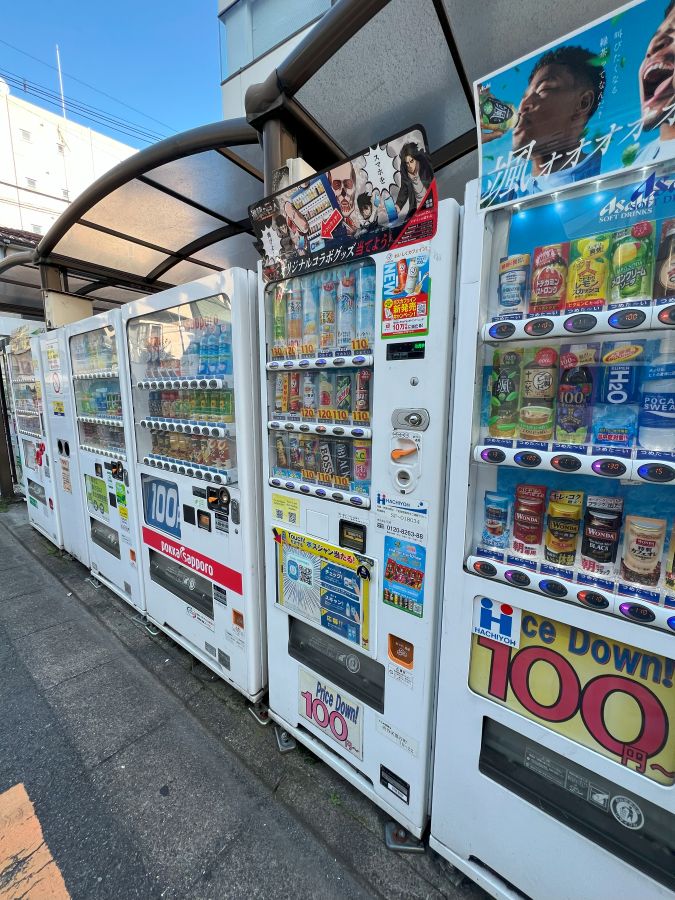
20. The IC Card Is So Handy! Get it!
Getting an IC card was my first step toward feeling like a Tokyo local. These cards are more than just train passes – they’re a gateway to seamless city living. From paying for your morning coffee to hopping on a bus, or buying a snack from a vending machine, a quick tap is all you need. The satisfaction of breezing through train gates while tourists fumble with paper tickets never gets old.
Whether you get a physical one at the airport, or get the app on your phone, do not get into town without that IC card! Long live the IC card!
30 Things To Know Before Visiting Japan
21. Be Respectful – on trains
Japanese trains run like clockwork, and the unwritten rules are just as precise. The contrast between rush hour silence and the lively streets above ground captures Japan’s ability to create harmony in crowded spaces. Even in packed trains, you’ll rarely hear more than a whisper – a daily demonstration of consideration for others and for the environment.
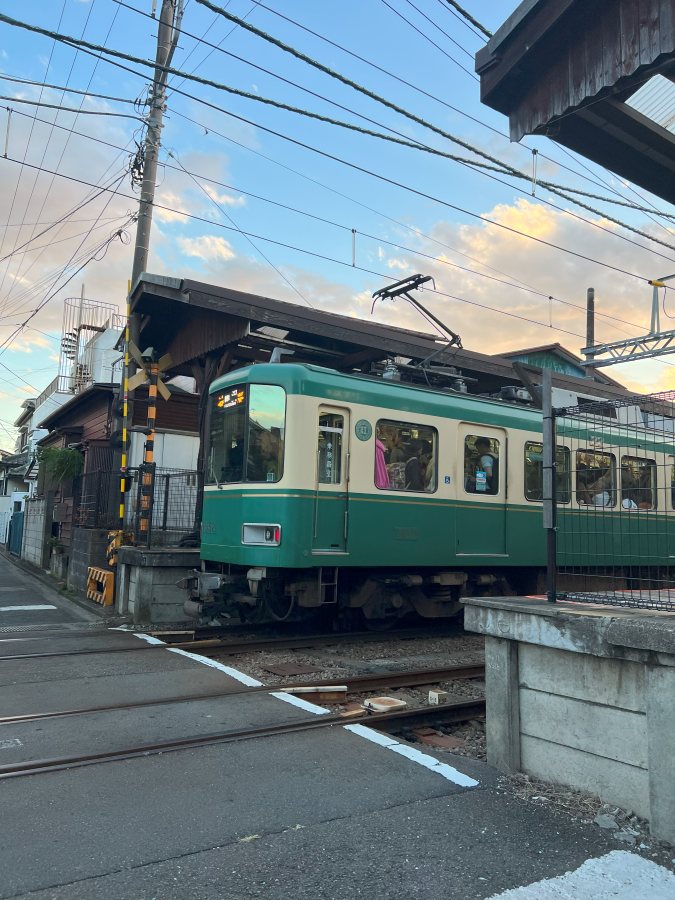
22. Take Your Shoes Off
You will certainly be required to take off your shoes when entering a Japanese home, temple, ryokan (traditional-style hotel) and when entering certain restaurants. In Japan, there is the concept of outside versus inside. The outside world is considered dirty, and it should not be let into the indoors. The simple act of removing shoes marks a meaningful transition in Japan – from public to private space.
As someone that stopped letting shoes into my home before I moved to Japan, I’m 100% into it. Plus, when you think of all the places your feet touch, why would you want that inside your home. At this point, luggage coming into my home (including mine) gets wiped before it goes past the genkan (entryway where shoes are taken off). Luggage are just as dirty as shoes!
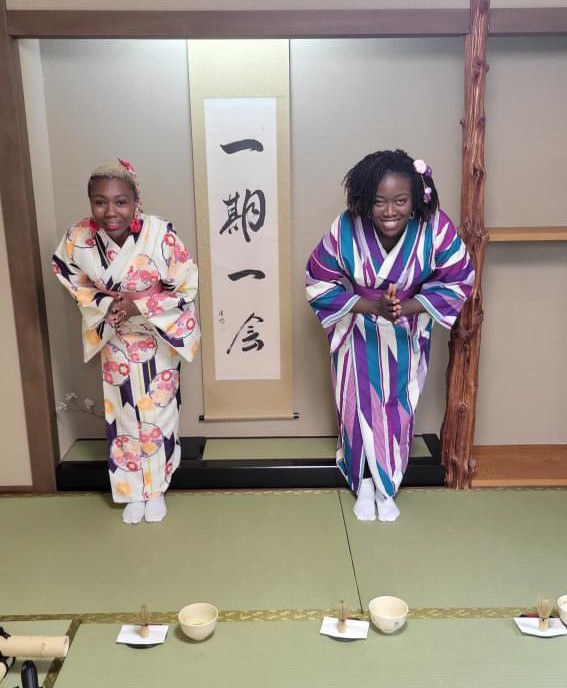
23. Convenience Stores In Japan Are Legit
Japanese convenience stores (konbini) redefine convenience. My local store has saved me countless times – from late-night hunger to forgotten umbrella emergencies. These aren’t just shops; they’re community hubs where you can do everything from printing documents to picking up concert tickets.
24. The Metro Does Not Run For 24 Hours, Plan Accordingly
Tokyo and the rest of Japan is wonderfully safe. So you might be tempted to stay out all odd hours of the night. Well, don’t do it, unless of course, you plan to take a taxi back to your accommodations. Trains run generally from around 5 am to midnight. When in doubt, check the timing for the last train and try to catch the train before the last (and in case you miss it, you’ll catch the last one).
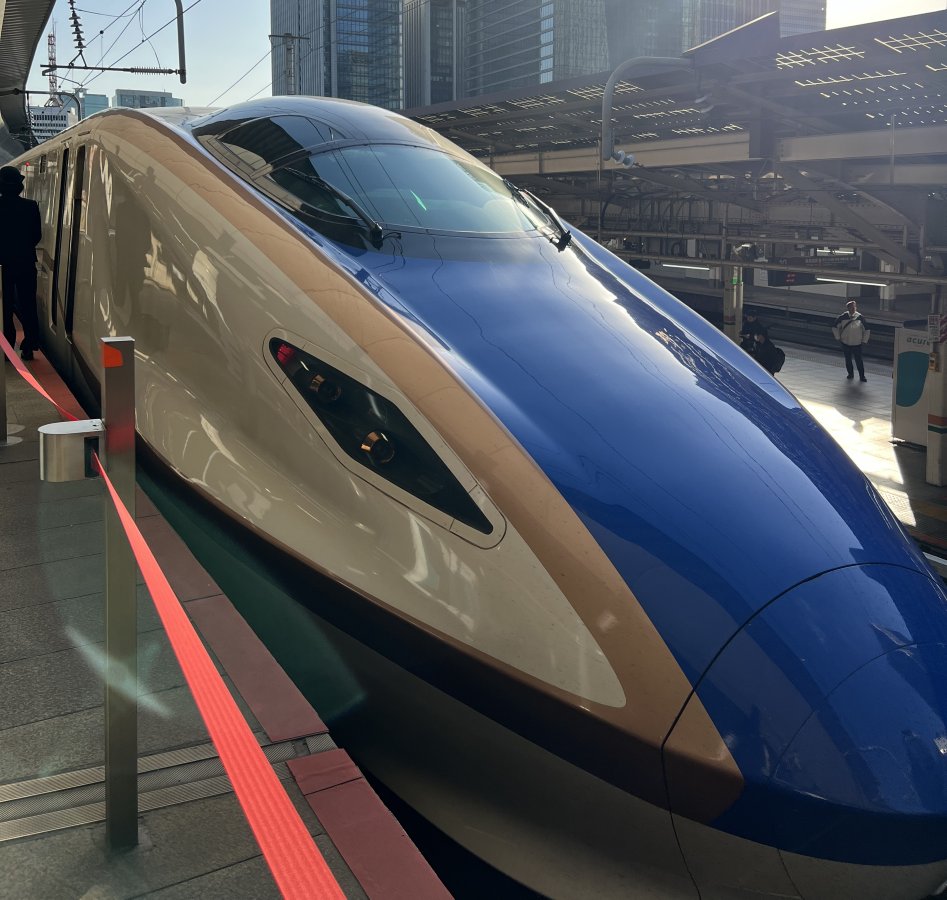
25. Make Reservations In Advance For Key Restaurants & Activities
In line with orderliness, getting your most desired restaurants and/or activities often means booking in advance. There are activities that should simply be booked before you arrive in Japan (like Shibuya Sky, Team Lab, Disney Land and Disneysea tickets, accommodation in general, and specific restaurants. Others can likely be booked upon your arrival or on the fly.
26. Tattoos Are Still A No-No in Japan
In Japan, body art (tattoos) are considered taboo because of ties to the Japanese mob (The Yakuzas).As such, people with tattoos can be denied entrance to public bathhouses – Onsen. A way around it would be to cover up the tattoo with a band-aid, depending on the size. Where this isn’t an option, consider booking a room with its own private onsen, or specifically looking for tattoo-friendly onsens (there are a few of those these days).
27. Restaurant Etiquette Is Different Here
- At restaurants, you generally pay on your way out (Don’t wait for a waiter to come to you).
- You also need to call their attention when you’re ready to order. Just raise your hand and yell ‘Sumimasen’ This is often the only time I hear the Japanese raise their voices
- When eating sushi in Japan, dip the fish topping/end onto the soy sauce (not the rice)
- Slurping shows appreciation for the meal (I’m sorry, I’ll never get used to this one)
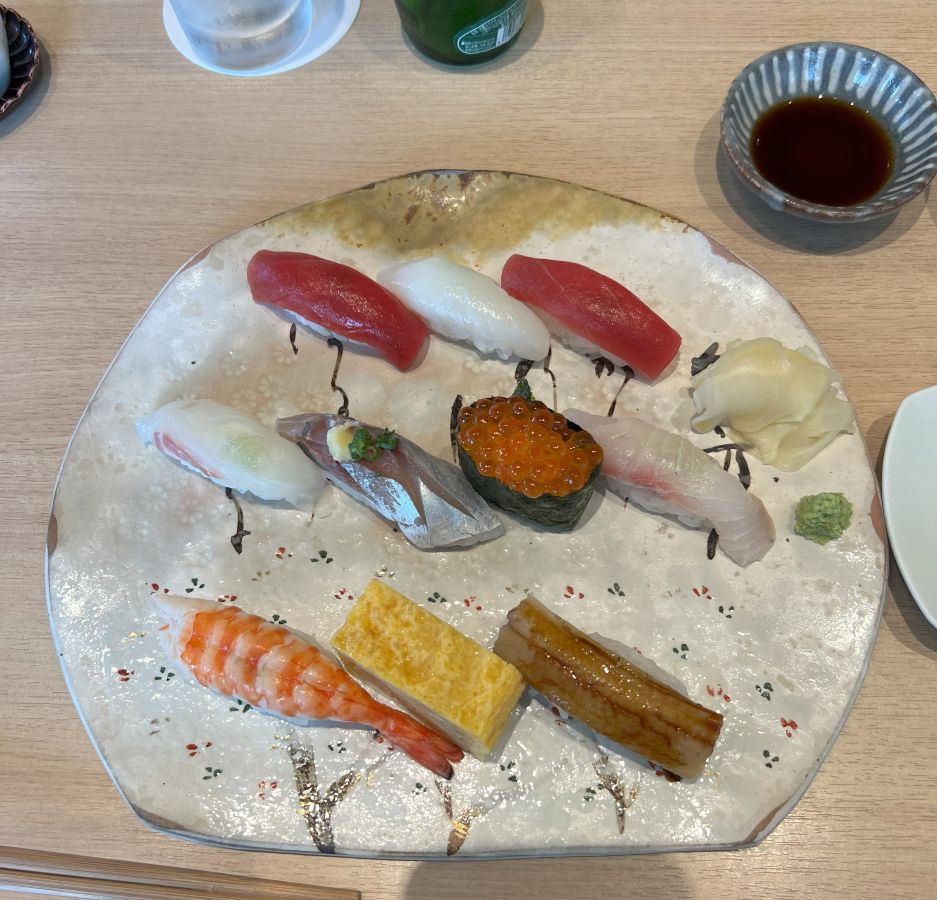
28. No Photos or Videos At Concerts
America (or the rest of the world) could never! I’ve been told that they’re pretty strict about this, especially with Japanese and Korean artists. However, sometimes, it is okay to shoot some footage when Western artists are performing.
Err on the side of putting your phone away though as I recently got told to quit recording snippets of an American artist’s performance. It was my first concert in Japan and the only reason I even attempted to record was because it was a foreign act. Ps: I recorded all of 2 10-second snippets from a 2-hour performance and I was still told off. Clearly, I was wrong but at least I get to warn you.
29. Earthquakes Happen Often Here
There are multiple earthquakes in Japan on a weekly basis. The good news is that most of the time, you probably won’t even know it! Why? Japan experiences a high frequency of earthquakes because it sits on the “Ring of Fire,” where four tectonic plates meet. This meeting causes constant friction and movement along fault lines, making Japan one of the most earthquake-prone regions in the world!! Here’s a helpful link for earthquake information in Japan. Hey, I’m not trying to scare you, just trying to make sure you’re prepared.
30. You Don’t Have To Follow All The Rules As A Foreigner
This may be the best news of all and something a Japanese colleague told me in my first month here. I will always be an advocate for respecting the culture you’re visiting. As a guest, this is the right thing to do. However, Japan has a lot of rules (both spoken and unspoken) and chances are, you might break one or two out of sheer ignorance. That’s totally okay. Enjoy your time in Japan, and do not be overly burdened.
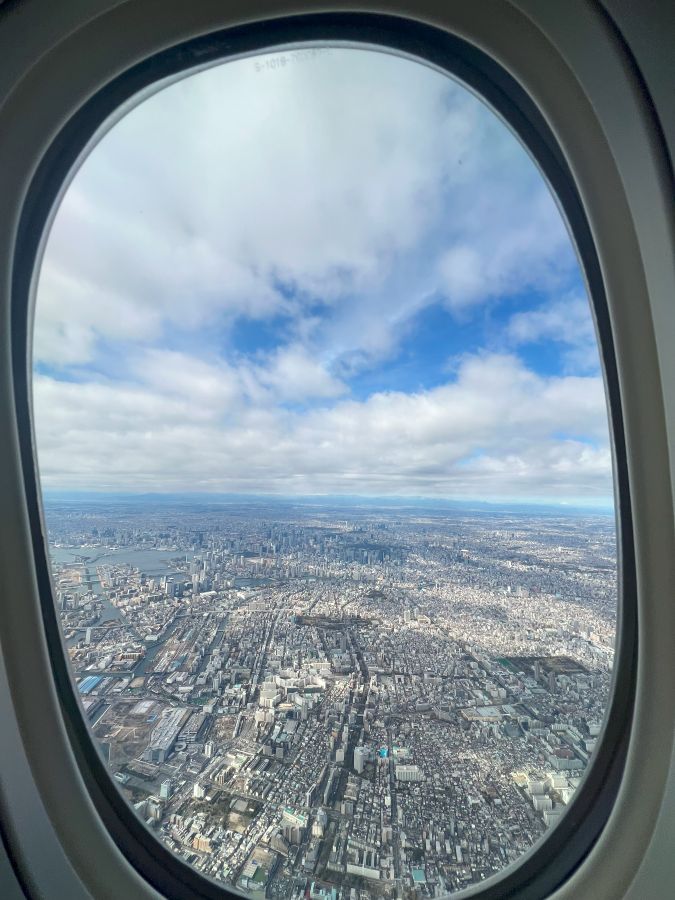
Winding Up: Things To Know Before Visiting Japan
Now, you’re ready to go to Japan! These things to know before visiting Japan will make a difference in your stay. You’ll be able to plan accordingly, especially where planning ahead is necessary. At this point, you now know way more than I did before I arrived in Japan. Japan is like nowhere else in the world, and I can’t wait for you to see and experience all things uniquely Japan.







Learnt many new things, thanks for sharing! The Oshibori Ritual wet towel procedure is good to know :), I always wonder what to do with towels restaurants and hotels offer, lol. I also agree with getting the IC card and so convenient that it doubles as a transport and payment card. Tattoo culture (or lack thereof) was surprising to me.
The Japan queen learned something? Im honoured!!! heheheh! Yeah the tattooo thing is interesting!
Omg Dee, how has it already been 18 monthssss. Amazing. I have learned so much reading this, thank you for sharing. I’m planning a trip to Japan for this year, God willing and I have already saved this blogpost to use as a guide!!
I will ofcourse be messaging you when I have final plans hehee. Our reunion is due haha.
Yes, please!! By all means
Yeah!! IT is unbelievable how time is flying. Yay i’m glad you learned a lot from this post!